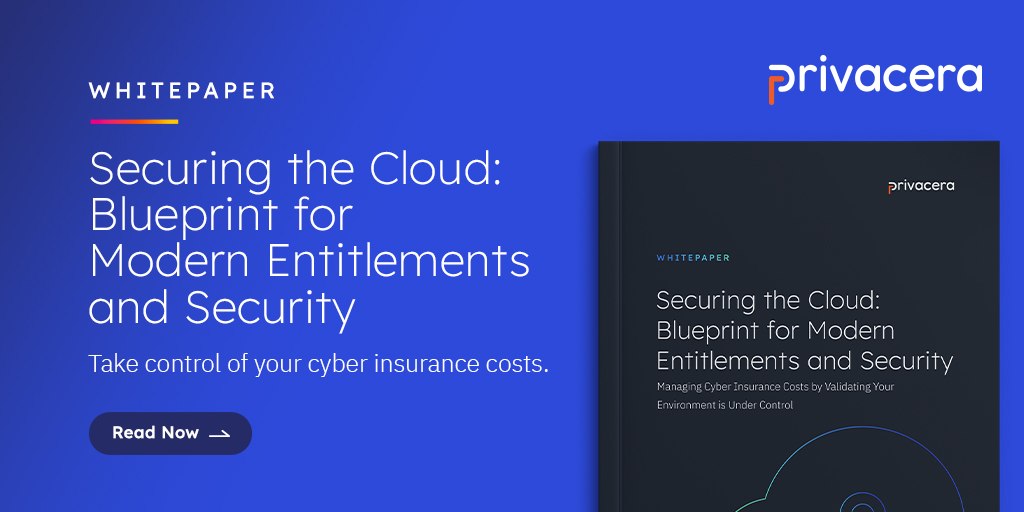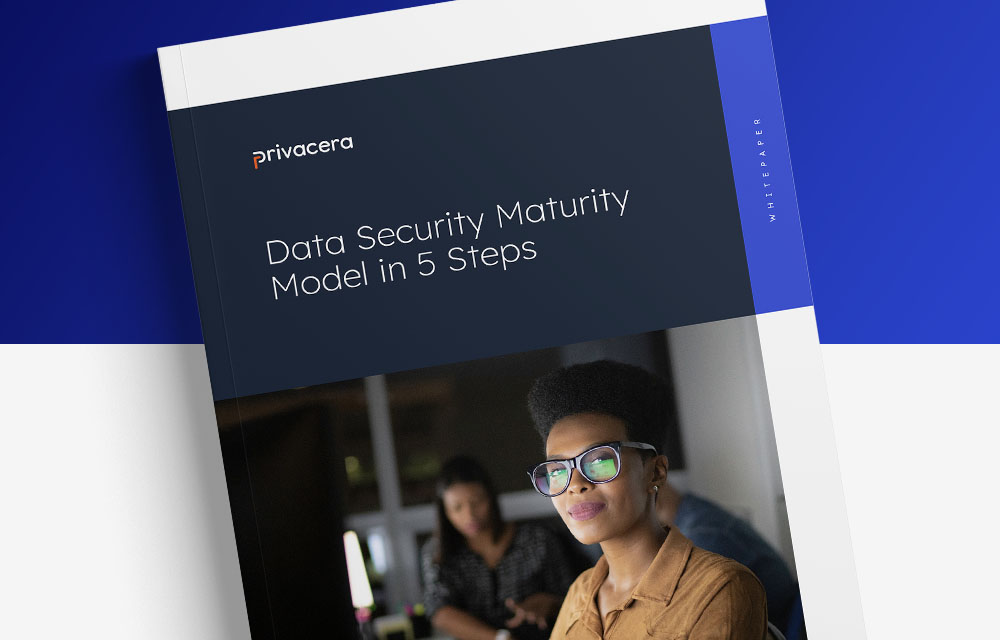Privacera CEO and Co-Founder Balaji Ganesan shares his expert perspective and direct insights from conversations with CIOs.
In early May, I got to present and spend time with CIOs at the GBI CIO Summit. With talk about recession and significant market uncertainty, I wanted to learn what mattered to CIOs in today’s environment. I walked away more certain than ever about the importance of data security governance. I also had the opportunity to hear from many CIOs across a wide range of industries, and some common themes and challenges expressed by most:
- How do I find out what data I have, what sensitive data exist where, and how do I provide secure access to my data?
- We don’t have a clear owner for Data Security Governance (DSG). What are the best practices for initiating conversations about DSG implementation with company stakeholders such as CTO and CISOs?
- How should we protect the data we are putting into a unified data lake?
- We still have a lot of data on-premises – what are the most effective ways to move to a 100% cloud model safely?
- How do I justify the cost of embarking on a DSG program?
- We are driving towards self-service everything – how do I get my data science and analytical teams to collaborate and take on stewardship and ownership for data in their domains?
- What should I look for when determining the best technological approach to implement DSG and future-proof my decision?
The fact is, whether the issue is data location and access, adoption, hybrid model management, cost and operational efficiency, or analytics, organizations of all sizes need to strike the balance of data access and security. Everyone involved needs data but for different reasons. The business side of the organization wants greater access and more informed analytics so faster decisions can be made, while tech teams want greater access, the ability to govern, and to reduce overall risk for users.
In answering these questions, I conveyed how governance, access controls, and security are critical for businesses and no longer just about compliance – they are now a strategic imperative. With the increasing diversity and amount of data being generated and shared, it is crucial for businesses to implement strong governance policies and controls to protect sensitive data, maintain compliance, and minimize risk. More importantly, these policies can drive strategic decision-making and support business growth. Data Security Governance is emerging as the path forward to bring balance to these seemingly opposing mandates to deliver faster access while at the same time improving your risk posture.
Below are five tips for thinking about DSG strategy:
- Embedding data-driven company culture built on transparency and trust is essential. DSG is not just an IT issue but requires a company-wide commitment to security and compliance. A transparent culture of security can help build trust with customers and partners, while also reducing the risk of insider threats.
- Flexibility and scalability are critical considerations. Solving DSG one system or cloud platform at a time cannot give you a single pane of glass view. At the same time, your current data architectural decisions will absolutely need to change over the next 2-3 years. Choose solutions that will future-proof your data estate and not become a problem down the road.
- CIOs need to expect this process to be ongoing. DSG is not a one-time implementation but rather an ongoing process that requires continuous monitoring and improvement.
- Enabling a data security governance strategy can help reduce operational costs by automating manual governance and access processes which will improve overall efficiency and bring down costs as a result.
- Identifying core use cases to show measure and success is crucial. Governance programs can become complex and overwhelming, so it is important to identify milestones and measure success along the way. By focusing on core use cases, businesses can show the value of their governance policies and gain additional buy-in from key stakeholders for the long term.
If we met at the GBI CIO Summit last week and you would like more information or an in-depth demo of Privacera’s technology, please get in touch. Were you unable to attend? Let’s schedule some time to discuss the event and how Privacera implements flexible and scalable policies, builds a culture of transparency and trust, and drives strategic decision-making for success. Contact us.





